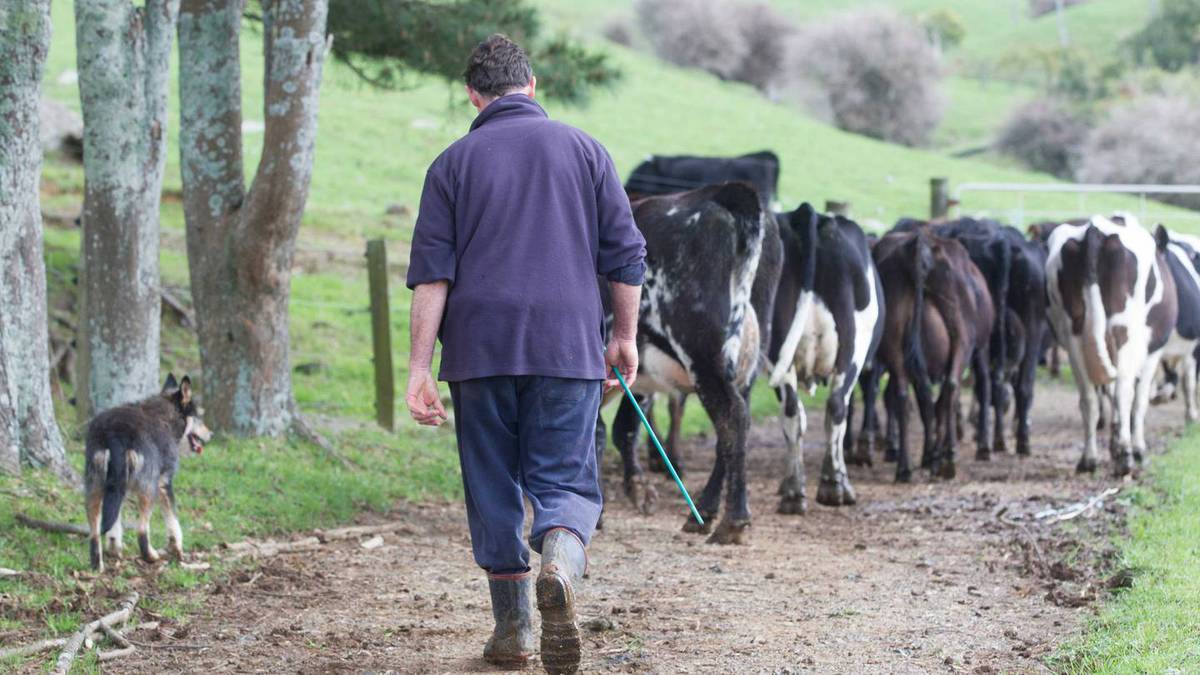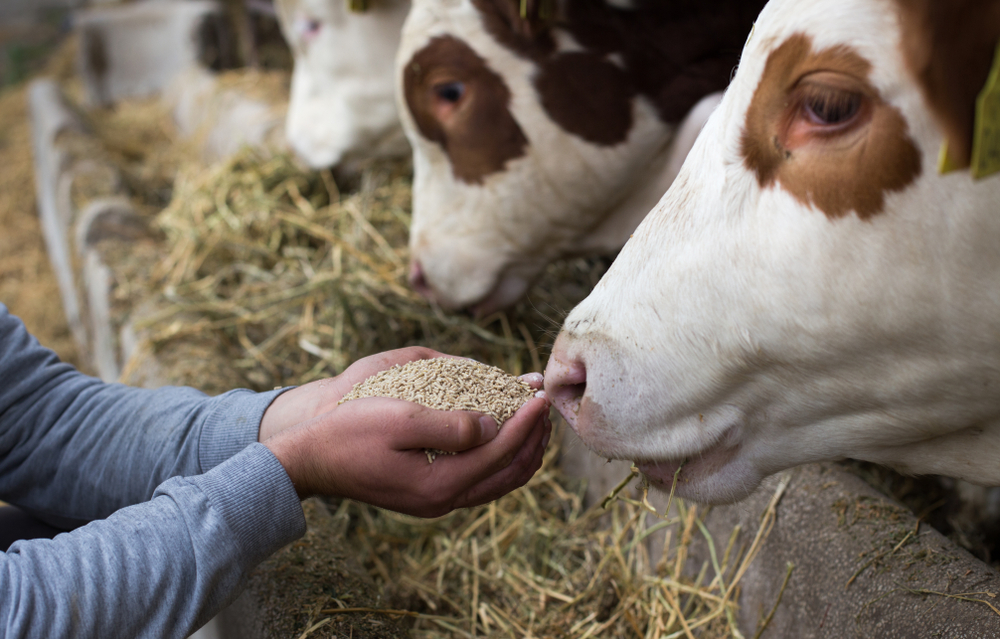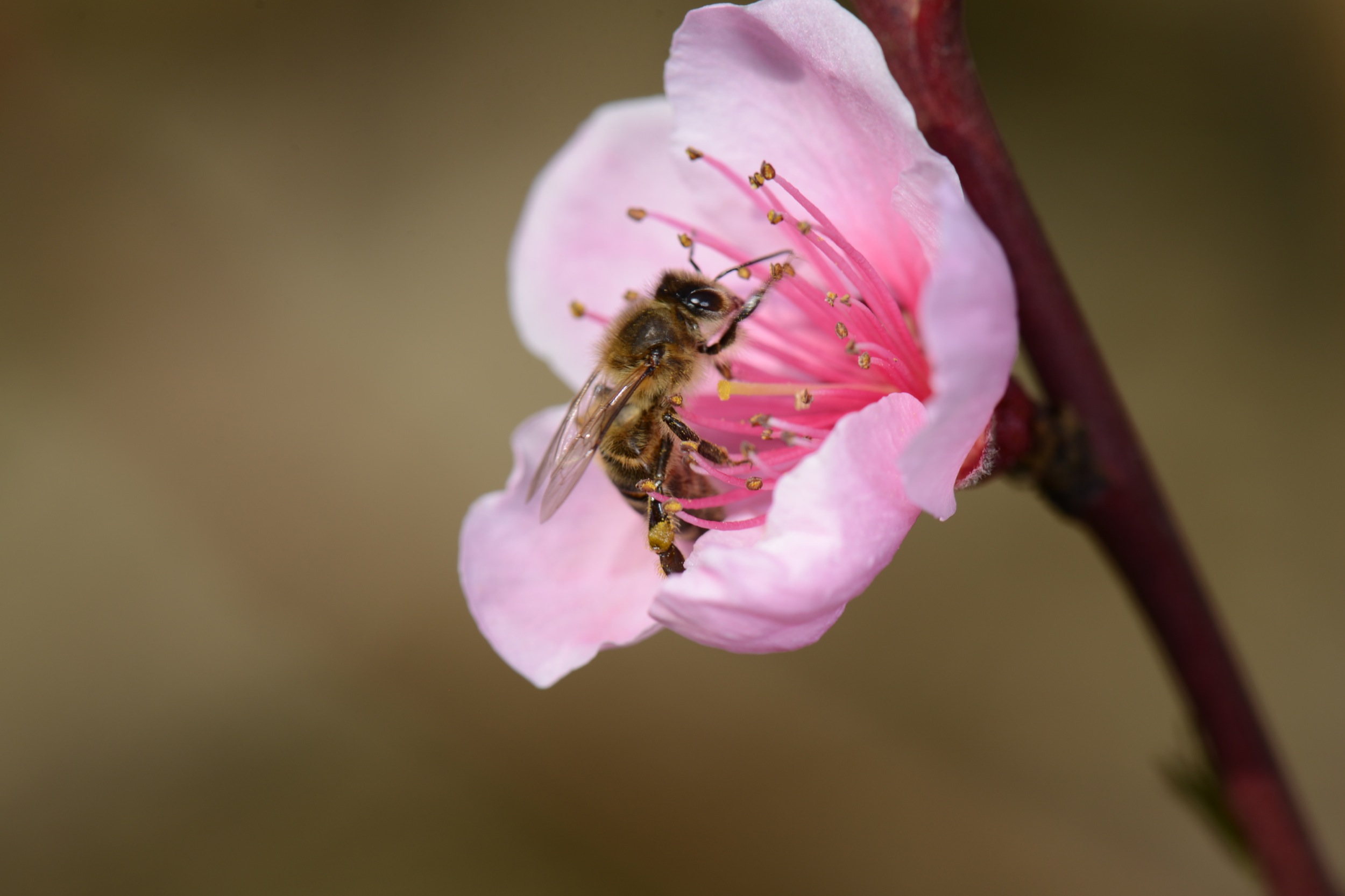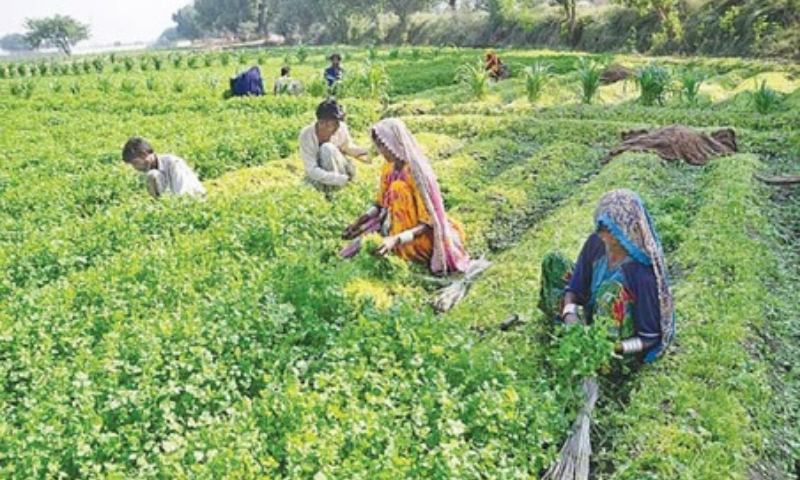 John LaRose Jr.
John LaRose Jr.
Topics: Corn/Maize, Vegetables, Economics, World Hunger, Ag Africa, World Population, Coronavirus/COVID,
Farmers turning out to be among pandemic heroes - FarmKenya Initiative
The country is currently food sufficient, according to the Ministry of Agriculture
-
(0)
-
Bookmark
- Comments (0)
 John LaRose Jr.
John LaRose Jr.
Topics: Dairy, Cheese, Food/Nutrition, Research, World Population, Ag Australia/NZ,
Dairy and low-fat diet can reduce bowel cancer risk says Otago uni study - NZ Herald
A reduced risk of bowel cancer was also found with a history of vigorous exercise.
-
(1)
-
Bookmark
- Comments (0)
 John LaRose Jr.
John LaRose Jr.
Topics: Sustainability, World Population, Ag Australia/NZ, Coronavirus/COVID,
Covid 19 coronavirus: How Kiwi farmers kept agriculture strong through the pandemic - NZ Herald
Study finds Kiwi ingenuity and a drive to "make it work" have been pivotal.
-
(0)
-
Bookmark
- Comments (0)
 John LaRose Jr.
John LaRose Jr.
Topics: Water, Sustainability, Research, Environment, Ag Europe, World Population,
Study: Micropollutants have 'significant potential impact' on water ecosystems, human health
A study carried out by the French National Institute for Agricultural Research (INRAE) into micropollutants at the exit of wastewater treatment plants has concluded, once again, that despite a lack of comprehensive data, their impact on the environment remains undeniable. EURACTIV France reports.
-
(0)
-
Bookmark
- Comments (0)
 John LaRose Jr.
John LaRose Jr.
Topics: Livestock/Meat, Sustainability, Research, World Population, Education,
Feed additives 'key tool' in achieving farming sustainability goals, say stakeholders
Feed additives hold enormous potential for reducing the environmental impact of the farming sector, but are not getting the attention they deserve according to farming sector and feed industry stakeholders, who are calling for more focus on the role of feed additives in contributing to sustainability goals.
-
(0)
-
Bookmark
- Comments (0)
 John LaRose Jr.
John LaRose Jr.
Topics: Precision AG , Agriculture Global, Economics, Sustainability, Ag Innovation, World Hunger, World Population,
Women must be ‘at the heart of sustainability conversation’ in farming, says MEP
Women farmers must be at the forefront of the sustainable farming discussion, but they say there are still barriers in the way and a lack of support for their entry into the profession.
-
(0)
-
Bookmark
- Comments (0)
 John LaRose Jr.
John LaRose Jr.
Topics: Agriculture Global, Economics, Sustainability, Research, World Hunger, World Population, Coronavirus/COVID,
Give agricultural workers vaccination priority, stakeholders urge
As the approval of a COVID-19 vaccine edges closer in the EU, stakeholders are urging member states to treat the food and drink workforce as a top priority in vaccination plans.
-
(0)
-
Bookmark
- Comments (0)
 John LaRose Jr.
John LaRose Jr.
Topics: Beekeeping, Sustainability, Research, World Hunger, World Population, Pollinators,
World food security affected by a shortage of pollinating insects
PRESS RELEASE - Crops that are pollinated by insects provide over a third of what the world eats. An international team involving INRA has revealed that increasing the quantity and variety of pollinating insects can increase crop yields by over 20% at the international level. These results, the product of a vast study conducted in 12 countries over a five-year period, appear in the 22 January 2016 edition of Science. The study highlights the importance of ecological intensification in agriculture in improving world food security and protecting pollinating insects and biodiversity.
-
(1)
-
Bookmark
- Comments (0)
 John LaRose Jr.
John LaRose Jr.
Topics: Sustainability, Research, Ag India, Ag Innovation, World Hunger, Government / Policies, World Population,
Old model of agriculture is a drag on the economy, rural living. New farm laws offer a way out
The next revolution — Green Revolution 2.0 — will come through in-depth research, better investment opportunities and access to the market. The three farm laws are a revolutionary step in that direction.
-
(0)
-
Bookmark
- Comments (0)
 John LaRose Jr.
John LaRose Jr.
Topics: Economics, Pest Control, Ag India, World Hunger, Government / Policies, World Population,
ADB assisting to strengthen agri sector, mitigate locust attacks
The technical assistance for the programme will be in the amount of $1.50 million.
-
(0)
-
Bookmark
- Comments (0)












